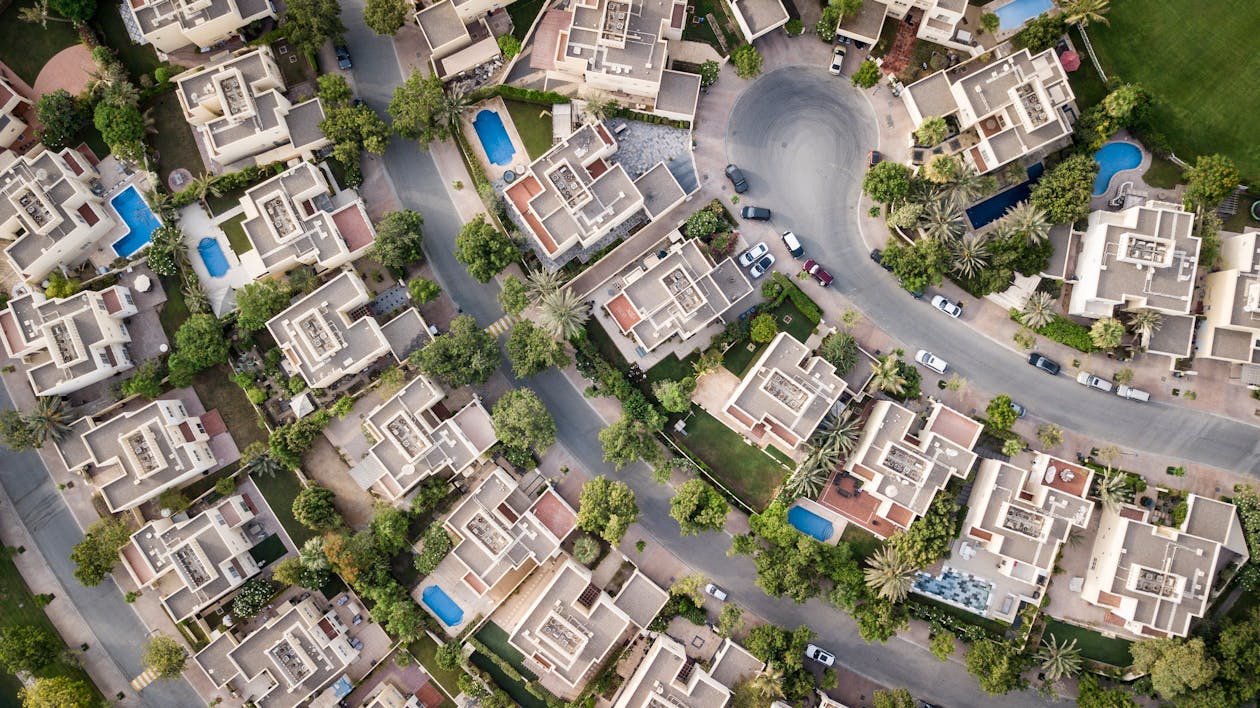Asset Bubbles Are Real Life Destructive - Can We Learn To Stop The Madness?

Image Source: Pexels
Located on the Gulf coast of Florida, Cape Coral has long been a haven for retirees, speculators and boom-bust real estate cycles.
In the 2002 to 2006 property boom, debt-flush buyers pushed median home prices in the greater Lee County up by 280% in just 4 years.
Naturally, this made the area a leading foreclosure center when the bubble burst in 2007. As borrowers defaulted and banks slowly seized homes, Cape Coral led the country with a median price decline of 62% from $252,000 in January 2007 to $95,000 by 2009.
Then, as central banks flooded the financial system with debt-backed liquidity, prices bounced from 2011 to 2017. In January 2018, the average sale price in Cape Coral had returned to $210,000—a double in 8 years—but was still 16% below the cycle top 12 years earlier.
The US National Case-Shiller 20-City Composite Home Price Index peaked in April 2006, then fell 34% to March 2012.
Heavily concentrated in real estate and property services, the Cape Coral area also saw some of the highest job losses during the bust, with unemployment quintupling from 2.5% in April 2006 to 12.5% by 2010.
By early 2018, commentators and local politicians were celebrating that Cape Coral’s unemployment rate had finally returned to 3.6%, approaching the cycle low reached in 2006, and I was documenting all of this in real time.
By 2018, the median sale price in Cape Coral was $209,900 (still 17% below the January 2007 cycle peak). Then, the COVID pandemic hit in February 2020, and fiscal and monetary ‘stimulants’ gushed. The US 30-year fixed mortgage rate tumbled 35% (from 4.54% in 2018 to 2.96% in 2021) and Cape Coral home prices doubled to $419,000 by April 2022 (Redfin).
Next, bubble-stoking policies were normalized (again), mortgage rates recovered to more than 6%, and surprise, surprise, The Worst Housing Market in America Is Now Florida’s Cape Coral (encore):
Today, “For Sale” signs line every other block. Open houses are deserted for hours. Foreclosures are ticking up. Home builders are listing half-built shells at discounts as they abandon projects to cut losses. Locals say the lack of traffic has led to an increase in vehicles speeding through empty residential streets.
“Cape Coral is the worst housing market in America right now,” said José Echevarria, a Realtor. “I don’t think we’re at the bottom yet.”
Home prices for Cape Coral-Fort Myers have tumbled 11% in the two years through May, the most of any major metro area, according to an analysis for The Wall Street Journal by the listing site Homes.com.
Many other areas in Canada and America are now following a similar pattern of mean reversion; generally, markets that rose the most above long-term norms have the furthest to fall. The same goes for other asset markets, such as equities, credit, crypto, and commodities.
It doesn’t take a genius to see the devastation caused by asset bubbles and debt-fueled gambling. They are promoted as progress during the inflationary phase, but they end up costing us a fortune. Can we learn to stop this madness? Or are the masses doomed to repeat financial suicide generation after generation?
More By This Author:
Plan To Downsize Housing For Retirement? You Aren’t AloneHow Will AI Pay Our Bills?
Layoffs Spreading Even With Financial Conditions Ultra-Easy
Disclosure: None.



